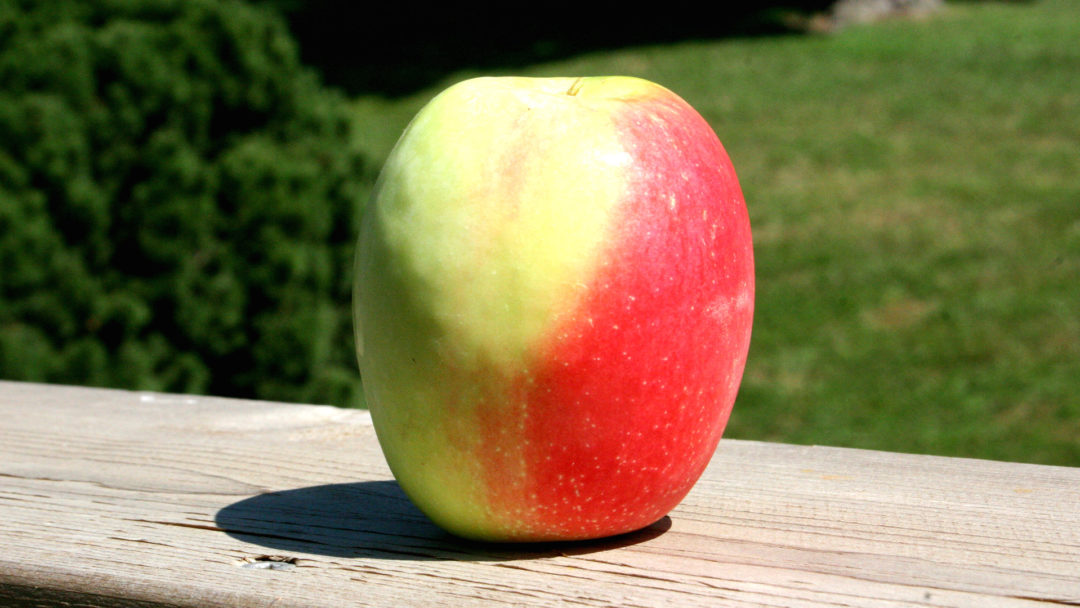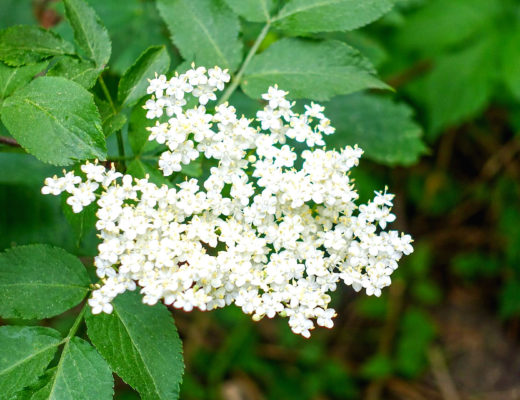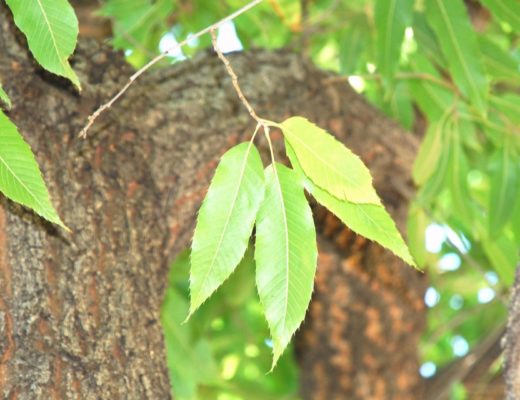Malus domestica
It’s apple season, the time of year you start noticing more varieties of apples appearing in your grocery stores and farmer markets. The selections range from the good ole’ granny smith and Red Delicious, to the Stayman Winesap and Red Jonathan. With more than 2,500 varieties of apples grown here in the U.S.—100 of which are grown commercially— it makes one wonder, where are all the apples?
Meet the Kandil Sinap, an heirloom apple dating back to the 1800s. There is debate as to whether it is a Turkish original or Russian, nonetheless it was discovered on the Sinop Peninsula along the Black Sea. Its cylindrical form and blushed skin defies what we’re accustomed to seeing in an apple. But don’t let its unique shape distract you from its sweet and sharp flavor. Covering its creamy porcelain flesh is a smooth, chewy, waxy skin, hiding what many say is its excellent flavor. It’s great in dessert baking and eating fresh, not to mention it keeps well.
Heirloom fruits aren’t as common commercially because of their traditional harvesting techniques. Similar to other heirloom fruits, these apples rely on natural pollination from insects and the wind. The Kandil Sinap can still be found across local orchards and growing farms. In fact, it is one of the heirloom apples grown in the Preservation Orchard at Arbor Day Farm. [Want more heirloom apples? Check out this Ask an Arborist video].
Because of its native beginnings along the seaside, this apple still prefers a warm microclimate. It grows best in hardiness zones 6-9, but can still grow in other regions, such as the Pacific Northwest. The apples harvest in mid-October, and although it is self-fertile a second pollinator yields better results.
The next time you’re grocery shopping, pay attention to the varieties of apples available. Perhaps there are local growers in your area with heirloom apples that you didn’t even know exist.
Which heirloom apple is your favorite? Comment below!



